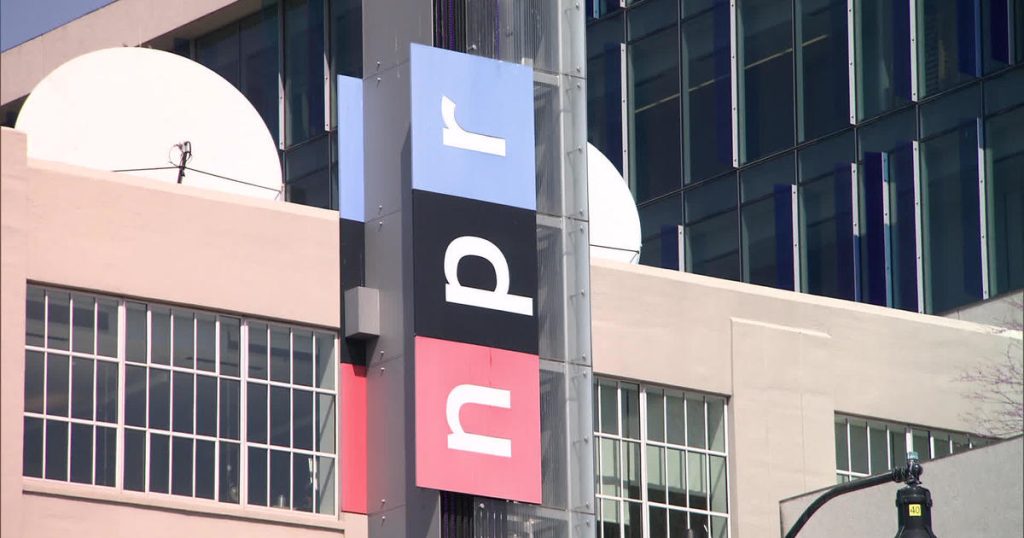National Public Radio (NPR) has suspended senior editor Uri Berliner after he wrote an essay claiming that the network had lost America’s trust by pushing progressive views in its coverage and suppressing dissenting opinions. Berliner was suspended for five days without pay for violating NPR’s policy of securing prior approval to write for other news outlets. Some conservatives, including former President Donald Trump, called for defunding NPR after the essay was published, while some NPR colleagues, such as “Morning Edition” host Steve Inskeep, criticized the essay for errors and omissions.
Berliner’s essay stated that NPR has always had a liberal bias but had a culture of being open-minded and curious. However, he argued that in recent years, the network had embraced a progressive worldview, with an absence of viewpoint diversity being the most damaging development. NPR’s top editor, Edith Chapin, disagreed with Berliner’s conclusions and stood behind NPR’s work. Berliner also criticized NPR’s coverage of major events like COVID-19 and Hunter Biden, claiming that NPR dismissed certain theories as racist or right-wing conspiracies and failed to report on certain developments.
Berliner specifically called out NPR for its coverage of COVID-19, accusing the network of ignoring a theory that the virus was created in a Chinese lab. He also criticized NPR for not reporting on developments related to Hunter Biden’s laptop in the weeks leading up to the election. Additionally, Berliner took issue with NPR’s internal management, citing a focus on diversity, equity, and inclusion initiatives (DEI). He claimed that discussions around race and identity had become paramount in the workplace, with regular meetings encouraging staff to “start talking about race.”
Steve Inskeep disputed Berliner’s claims, pointing out that many other news organizations also did not report on Hunter Biden’s laptop due to questions about its authenticity. Inskeep also pushed back on Berliner’s assertion that NPR does not engage in debate over story ideas. He argued that Berliner’s essay seemed designed to appeal to those who already agreed with his viewpoint rather than persuading others. Overall, Berliner’s essay sparked debate within NPR and beyond, with some questioning the network’s editorial decisions and policies.


